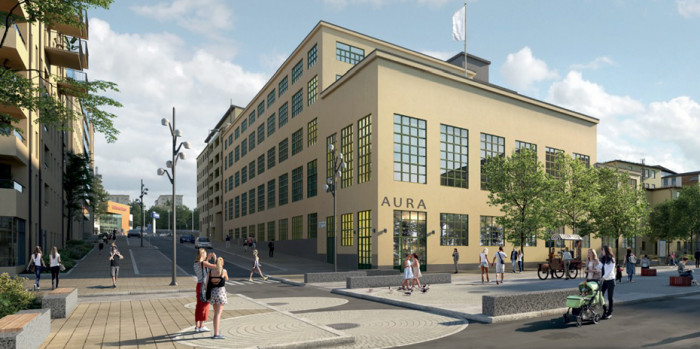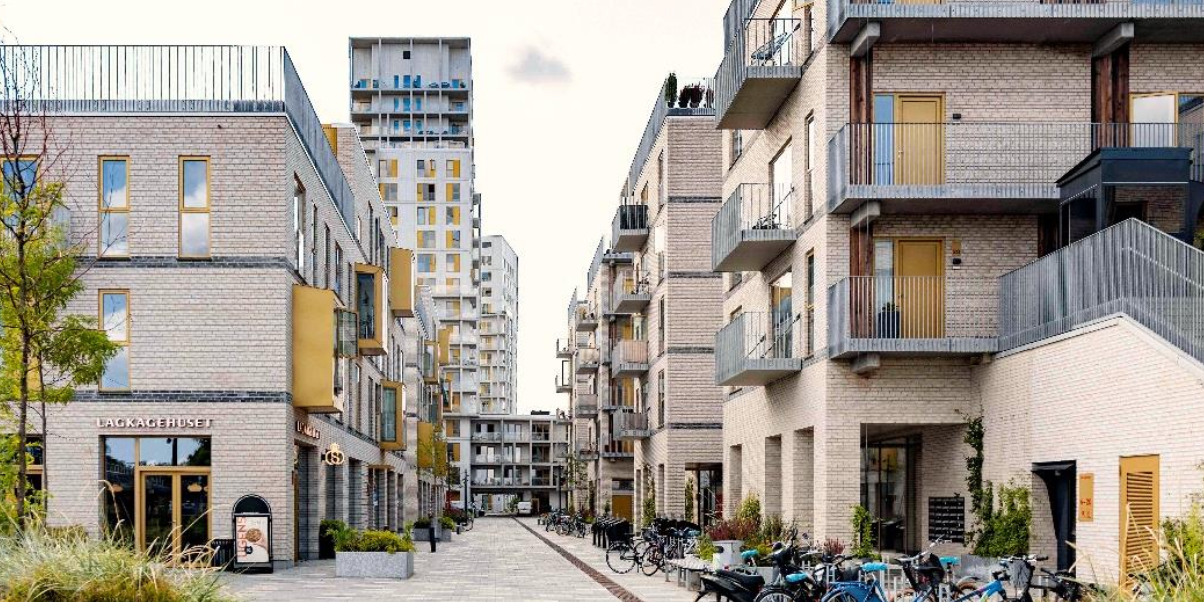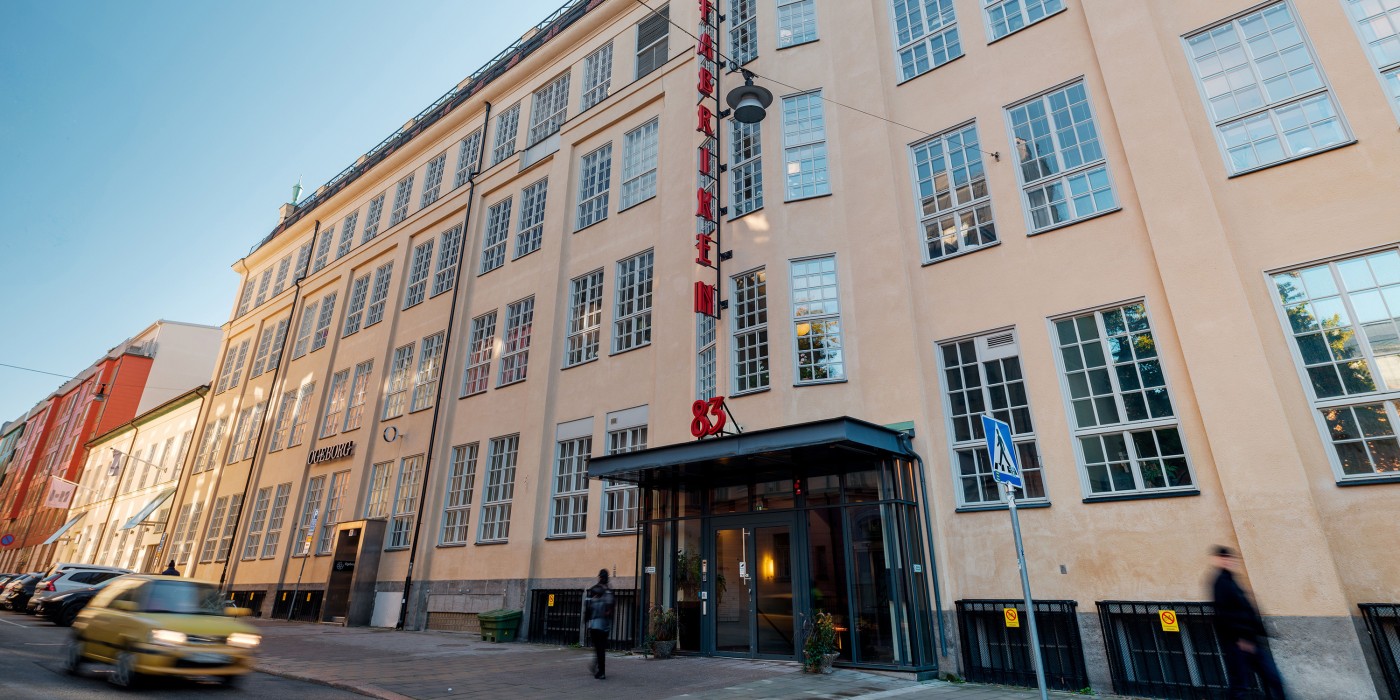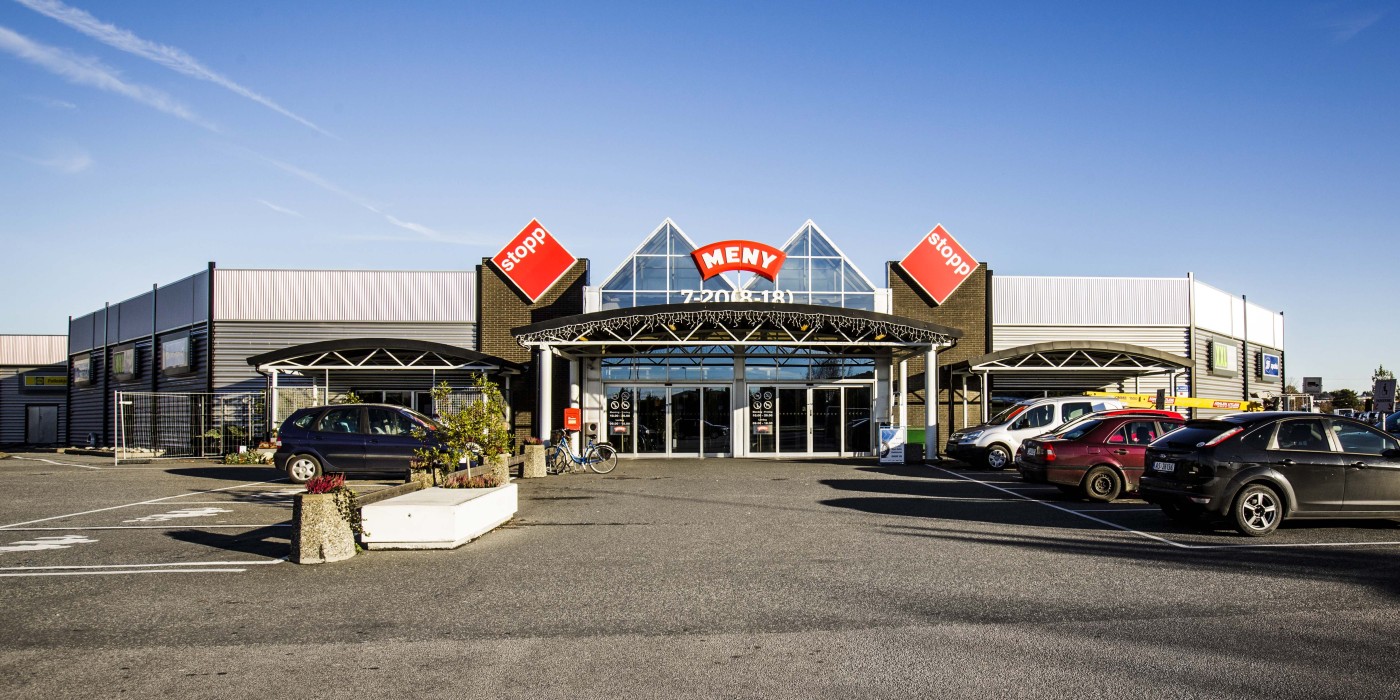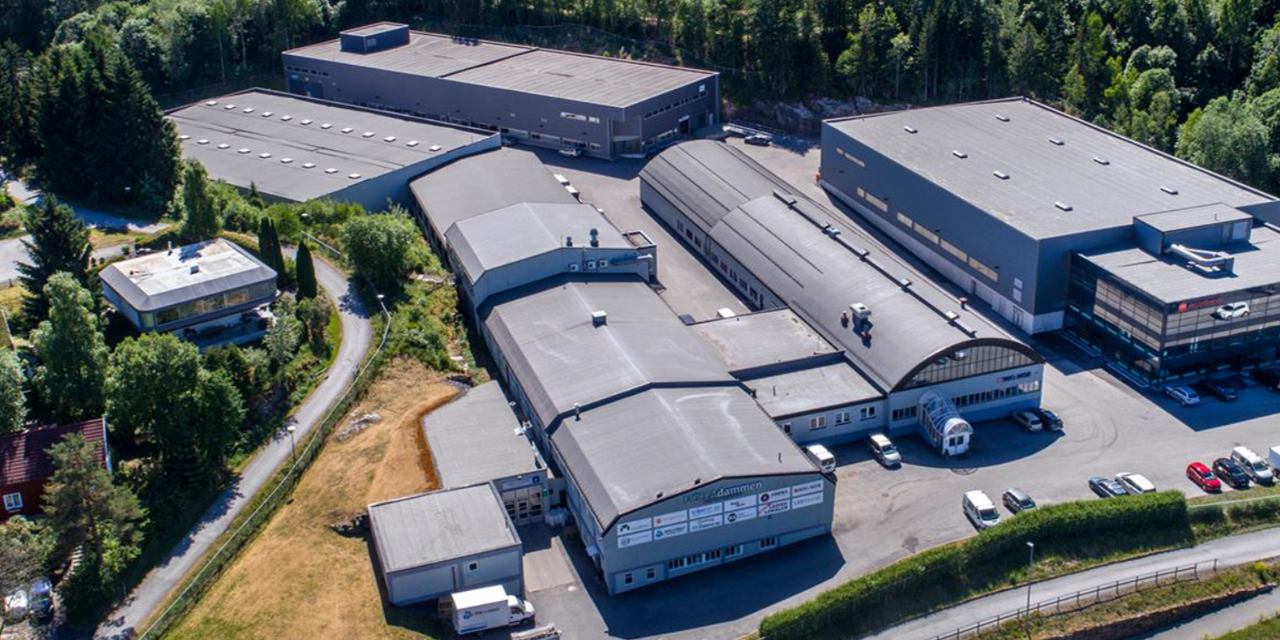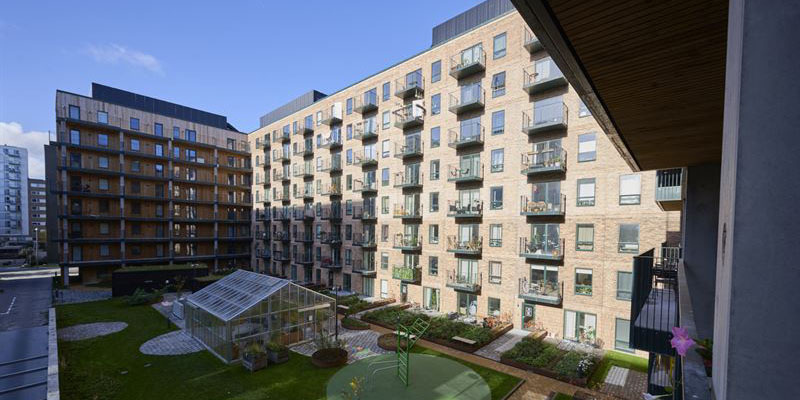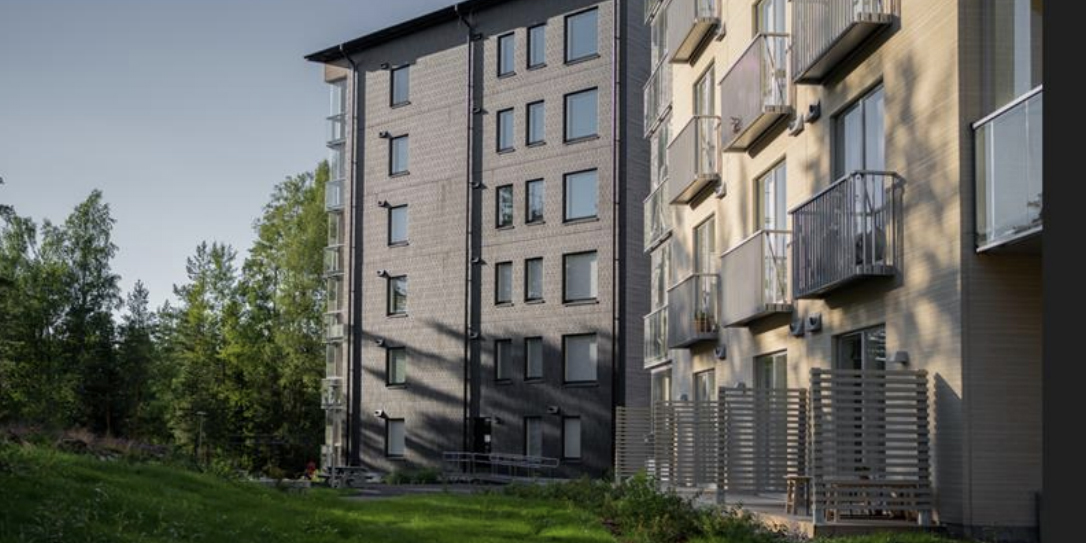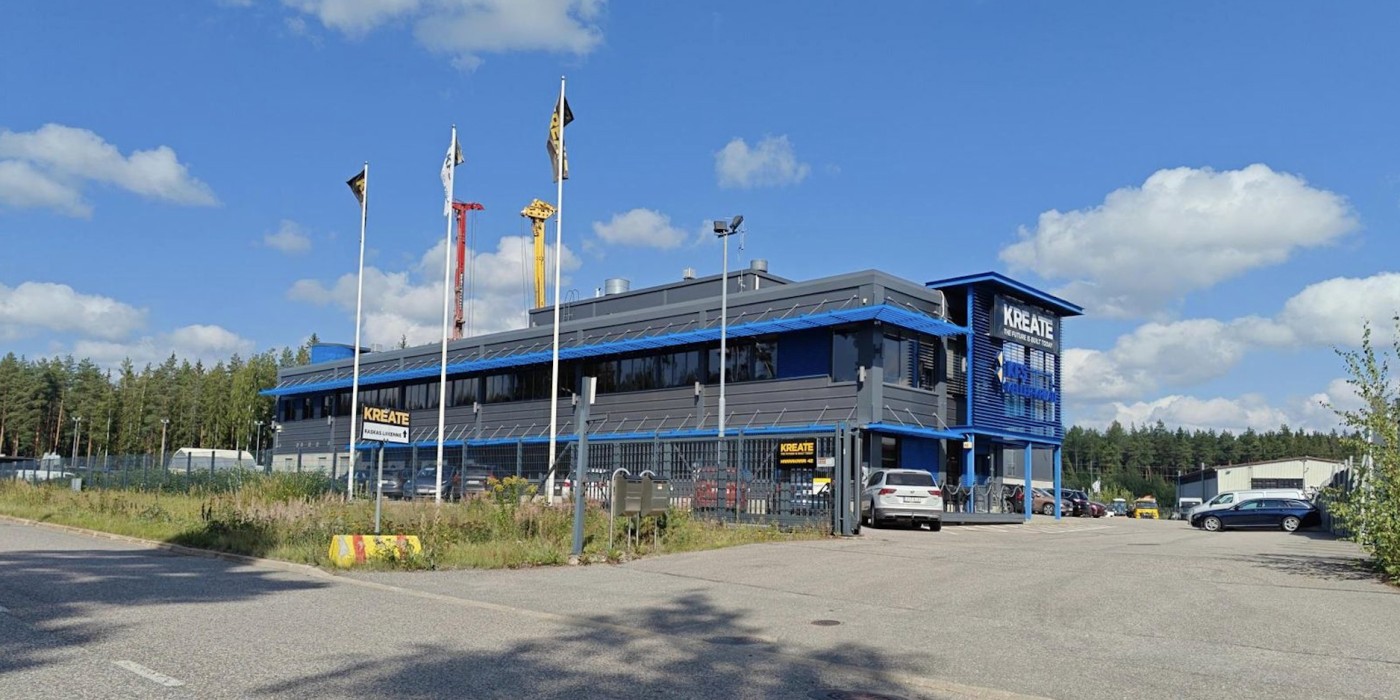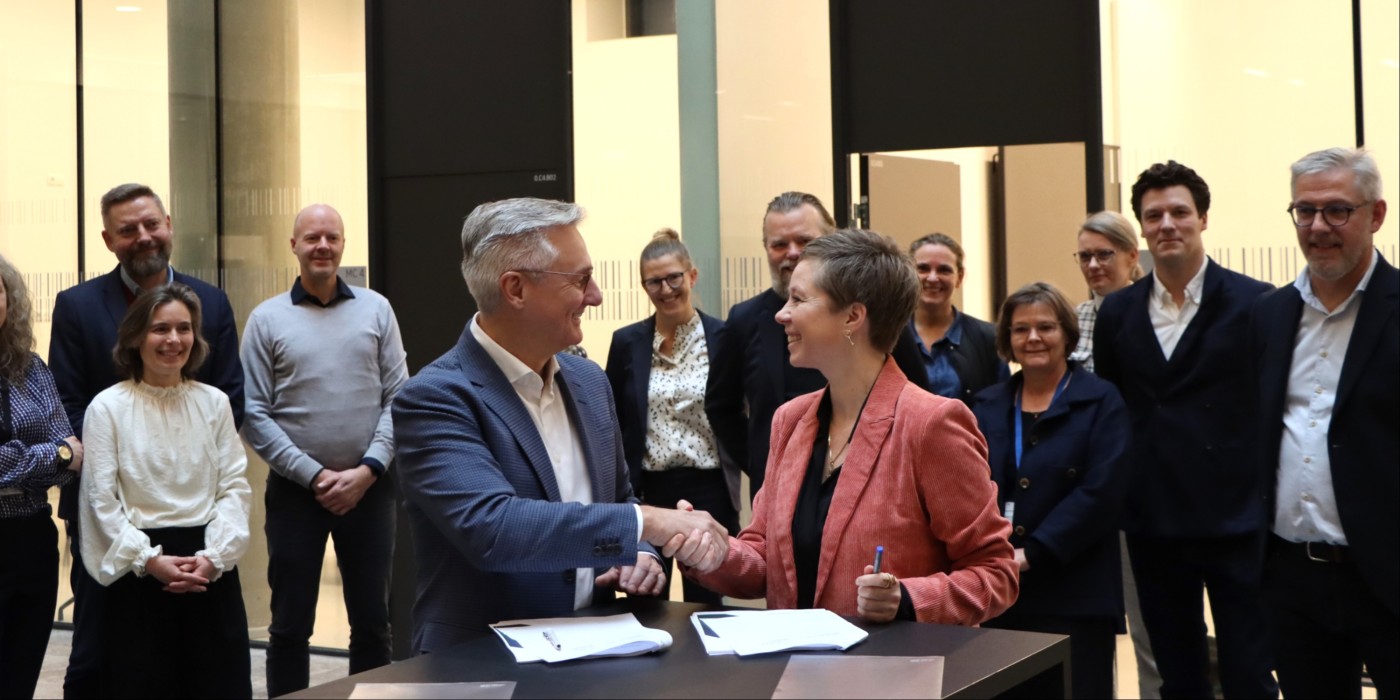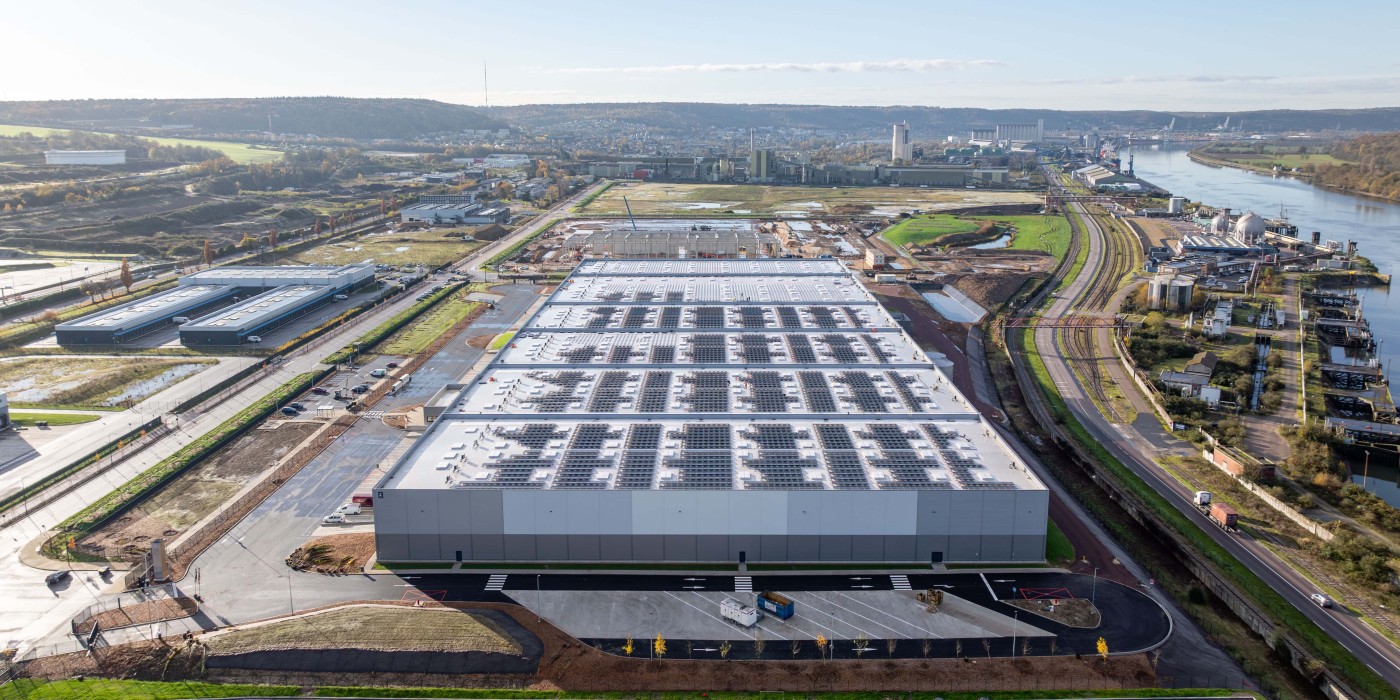The programmatic joint venture was established in 2017 with the intention of creating a scalable platform that would give ASI exclusive rights to develop micro-living schemes with an experienced partner.
The success of the platform has meant that the joint venture has become one of the first of its kind to introduce the micro-living concept into the Nordics on a significant scale.
The projects are a mix of new build and conversion schemes and are planned to be the first in a series of investments by the joint venture in micro-living in key Nordic cities that have growing and stable populations.
The schemes will target students, young professionals and corporate residents and will have access to study/co-working space and other social areas, creating vibrant communities. All of the schemes are located in attractive locations close to public transportation and local amenities. The majority of the projects will be completed during 2020-21.
After completion the assets will be managed directly by the joint venture’s integrated operating platform.
Micro-living has emerged in recent years as a way of creating homes whose design is geared towards compact living and by creating shared facilities that serve as an extended living room, creating connectivity and social communities.
Christian Schjødt-Eriksen, Fund Manager of the Aberdeen European Residential Opportunities Fund (“AEROF”), which invests in the joint venture, Aberdeen Standard Investments commented: “Space in the best Nordic cities is really at a premium and micro living is a good way for us to provide quality homes that people can afford, with facilities that people want, and in places where people want to live.
Micro living is a very new concept for the Nordics but, with the popularity of cities in the region only set to increase, it’s one that is here to stay. As such, the platform that we’ve created has real potential to grow.
At the same time, the assets we create offer institutional investors the opportunity to access stable incomes that have the potential to grow as rental prices increase over the long term from an area of the market that has significant potential.”
Jacob Cronstedt, Founding Partner of Ailon, continued:
“Micro-living has become an integral part of the overall asset allocation for institutional investors in Europe and there is a huge demand for this product in the Nordics. Social and demographic changes and more flexible employment conditions are reflected more strongly in the emerging micro-living asset class than in virtually any other current housing trend. The demand for living small is getting bigger and bigger. This is an effect of rising rents in large cities and an increase in autonomous lifestyles of young people. Demand for temporary, furnished apartments for students as well as young professionals has also increased. It has also become less important for the new generation of young people to own their home, and easier and more flexible not to have a mortgage, which is a big, long-term commitment. The Nordics also benefit from high quality of life and an acute housing shortage.”


 All Nordics
All Nordics
 Sweden
Sweden
 Denmark
Denmark
 Finland
Finland
 Norway
Norway
